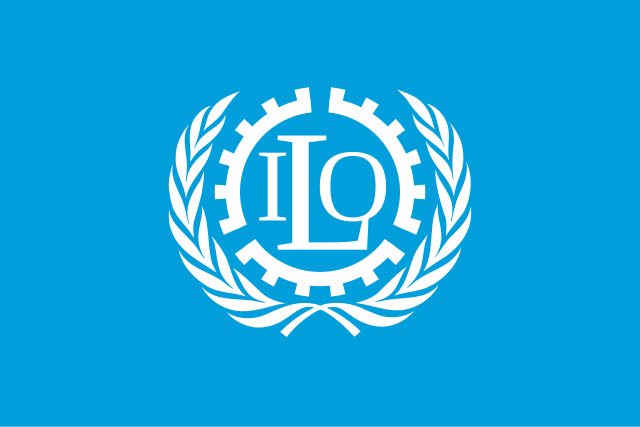ILO: Global Unemployment Divide Growing Between High and Low Income Countries

The Facts
The UN’s labor agency, the International Labour Organization (ILO), released a report on Wednesday showing that the unemployment divide between high and low-income countries is widening, despite a fall in global unemployment to 5.3%.
The ILO’s 11th edition of the Monitor on the World of Work illustrates that a confluence of crises since the COVID pandemic have caused unemployment rates in Africa and Arab countries to surge, with no signs of imminent recovery. The North African rate sits at 11.2%, higher than the 10.9% of 2019.
The Spin
Narrative A
Increased globalization and interdependence between nations has caused poorer countries to disproportionately bear the brunt of global crises. While wealthier nations aren’t immune to the economic issues brought on by pandemics and war, they are much better equipped to weather them. As the international community looks to solve global economic inequality, it should focus on promoting economic independence for and reform in developing nations.
Narrative B
The UN and ILO are deeply committed to helping developing nations close the jobs gap, as well as to bridging the broader economic gap between rich and poor countries. While a return to pre-pandemic levels of unemployment rates seem unlikely in 2023, coordinated social protection and programs to promote equality will help advance developing nations and bring long term economic viability and success. Poorer countries cannot be expected to address these issues on their own.